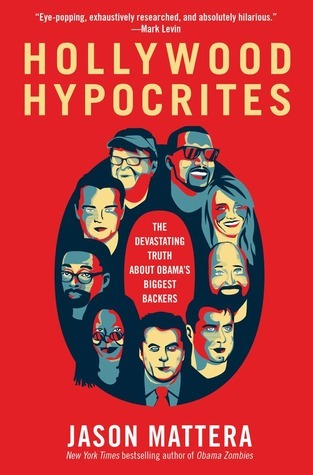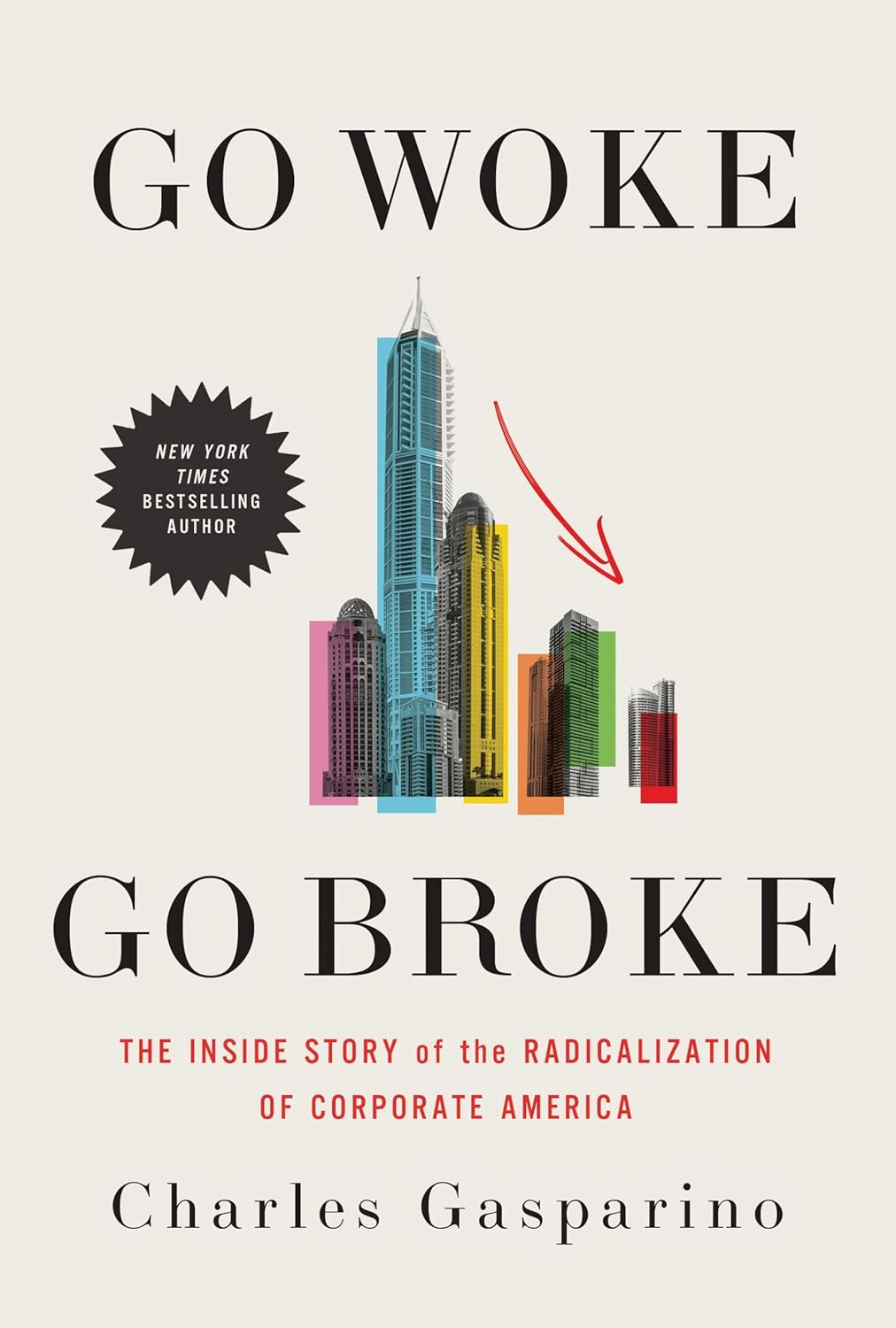
Hollywood Hypocrites
Book Description
Lights, camera, hypocrisy! In "Hollywood Hypocrites," Jason Mattera reveals the shocking truth behind Tinseltown's glittering facade. From the elite’s lavish lifestyles to their preachy social justice campaigns, this explosive exposé unveils the stark contradictions of Hollywood's biggest stars. Brace for a wild ride as Mattera pulls back the curtain on the double standards, toxic politics, and moral dilemmas that fuel the industry's allure. Will the real champions of change finally step out of the shadows, or will the glitz and glam continue to mask the ugly truths? Discover who’s pulling the strings in a town built on illusion.
Quick Book Summary
"Hollywood Hypocrites" by Jason Mattera is a scathing critique of the entertainment industry’s political activism and public personas. Mattera investigates how some of Hollywood’s most prominent celebrities advocate for progressive social and environmental causes while simultaneously engaging in the opposite behavior in their private lives. He exposes lavish lifestyles, tax avoidance, and self-serving actions that directly contradict public stances. By highlighting these double standards, Mattera seeks to question the legitimacy of Hollywood’s political influence and the sincerity of its compassion. The book aims to unmask the way celebrity culture shapes public discourse, suggesting that many of the industry’s activism campaigns serve their own interests more than society as a whole. It’s a provocative, irreverent look at celebrity hypocrisy and its broader implications.
Summary of Key Ideas
Table of Contents
Celebrity Activism vs. Private Actions
Jason Mattera’s “Hollywood Hypocrites” begins by dissecting the phenomenon of celebrity activism, where actors, musicians, and filmmakers frequently champion social and political causes. Mattera illustrates that these high-profile figures often promote progressive stances on issues like climate change, poverty, and equality. However, he notes a growing disconnect between their public advocacy and personal actions, setting the stage for examining the underlying contradictions of Hollywood’s moral messaging.
Media Manipulation and Shaping Public Opinion
Delving deeper, Mattera provides case studies of specific celebrities, highlighting instances where their private behaviors starkly contradict their public rhetoric. From energy-guzzling mansions belonging to climate activists to celebrities decrying economic inequality while exploiting tax loopholes, these examples showcase a recurring pattern. Mattera argues these acts are not isolated but symptomatic of a broader culture of duplicity in the entertainment industry that rewards optics over authentic commitment.
Double Standards in Social and Environmental Issues
The book also scrutinizes how Hollywood wields its influence through the media, shaping public opinion with curated narratives. Celebrities command massive attention, Mattera argues, making their endorsements and statements disproportionately powerful. He contends that media outlets often enable this by uncritically amplifying celebrity viewpoints, while ignoring inconsistencies or conflicts of interest, thus perpetuating a cycle of unaccountable influence.
Political Influence and Hollywood’s Self-Interest
Mattera explores the privilege and power enjoyed by industry elites, suggesting that activism is frequently a vehicle for personal branding or access to political circles. Through these relationships, stars are able to champion causes that align with their financial or social interests, effectively blending entertainment with political lobbying. The result, according to Mattera, is activism less about public good and more about advancing careers and agendas.
Concluding, the book challenges readers to question the legitimacy of Hollywood’s political and cultural authority. Mattera contends that if audiences remain uncritical, celebrity hypocrisy will continue unchecked, influencing legislation, public values, and the broader cultural narrative. He calls for greater scrutiny of those who claim to be agents of change, emphasizing the need to distinguish genuine activism from self-serving spectacle in the glamorous but often misleading world of Tinseltown.
Download This Summary
Get a free PDF of this summary instantly — no email required.





